I took the train from Boston to Nahant yesterday to spend the day with Brian Helmuth, Mark Patterson, and their team at the Northeastern Marine Science Center. Brian and I will saturate at the same time on the latter half of Mission 31. Although we'd chatted over the phone and exchanged numerous emails, we hadn't met in person until today. I'm absolutely honored to be diving with him.
As much as I love Boston, it was nice to get out of city for a bit. Nahant, an island north of Boston, has a gorgeous rocky shoreline, and in the distance you can see the Boston skyline.
As much as I love Boston, it was nice to get out of city for a bit. Nahant, an island north of Boston, has a gorgeous rocky shoreline, and in the distance you can see the Boston skyline.
Over lunch I had the pleasure of meeting Dr. Joe Ayers, inventor of the RoboBee, RoboLobster and others. His group builds biomimetic robots you can see in the Smithsonian.
In the afternoon I joined the Northeastern team on our weekly Mission 31 science conference call. The conference call was more fun this week with the focus on dive helmets and the schedule. Everyday I get more excited for the mission.
Yesterday was also the annual Riser Lecture at the Marine Science Center. The guest speaker, Dr. Mark Hay, made his hour talk fly by in what seemed like a few minutes. Mark's topic was the current health of coral reefs.
In the afternoon I joined the Northeastern team on our weekly Mission 31 science conference call. The conference call was more fun this week with the focus on dive helmets and the schedule. Everyday I get more excited for the mission.
Yesterday was also the annual Riser Lecture at the Marine Science Center. The guest speaker, Dr. Mark Hay, made his hour talk fly by in what seemed like a few minutes. Mark's topic was the current health of coral reefs.
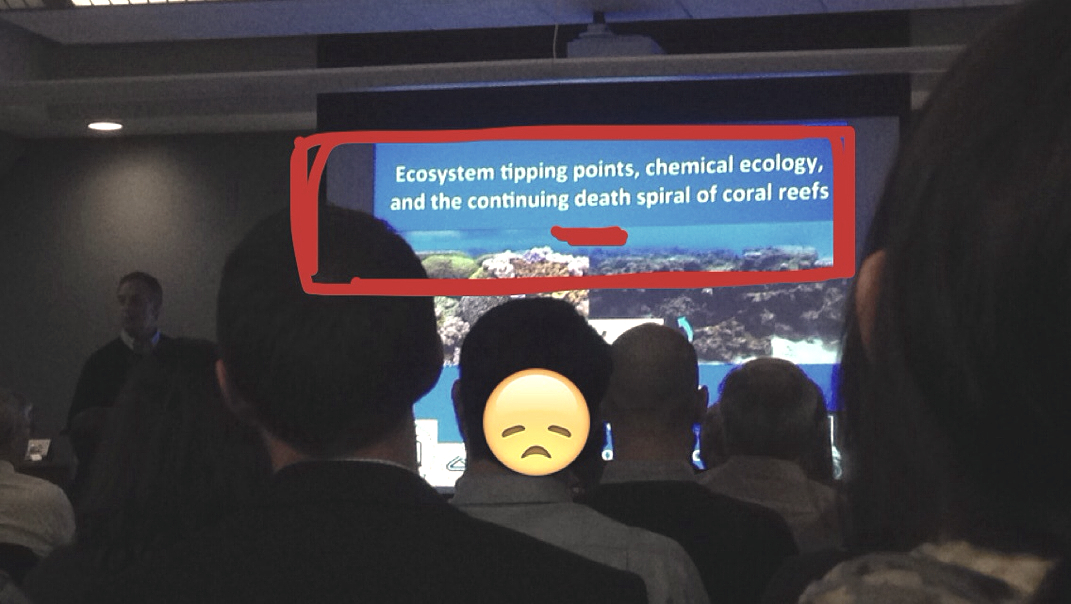
The rightfully alarming title of Mark's talk: "Ecosystem tipping points, chemical ecology, and the continuing death spiral of coral reefs." I was prepared to walk away completely depressed, but Mark gave us some reason for optimism. His team showed how Marine Protected Areas improve coral health drastically. They may be our best hope for saving the ocean.
Astounding numbers! I've long been convinced Marine Protected Areas are the key improving our oceans health, and Mark's talk confirmed this notion. He cited a number of studies, including his own, that quantify the effects of marine protected areas (i.e., without fishing, dumping, etc.) on ecosystems. The numbers are astounding, summarized in the slide below.
Dr. Sylvia Earle is also a huge proponent of Marine Protected areas, and her TED Talk on the topic is excellent. She raised over $17 million with that excellent speech!
Dinner following the Rise Lecture was fancy and fun. I can't wait to spend more time with Brian Helmuth and his team in Florida.
Dinner following the Rise Lecture was fancy and fun. I can't wait to spend more time with Brian Helmuth and his team in Florida.
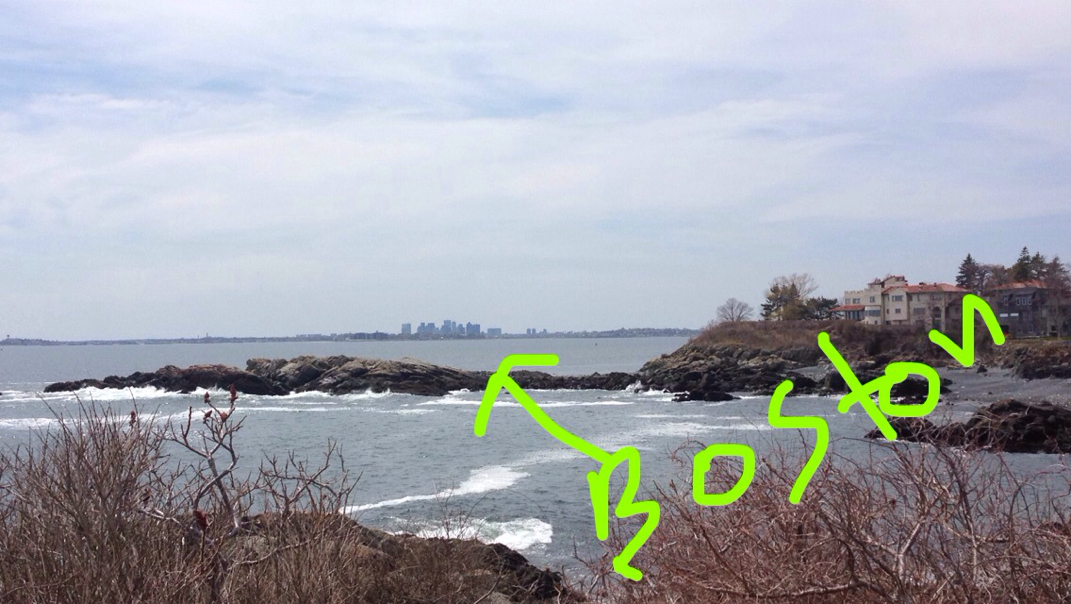
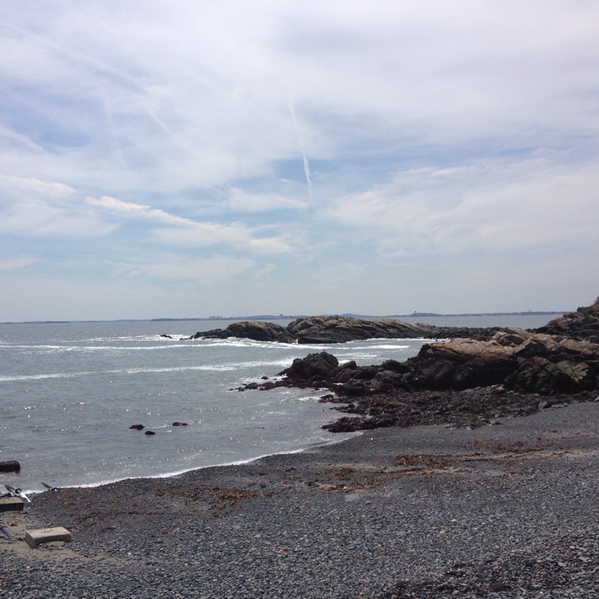
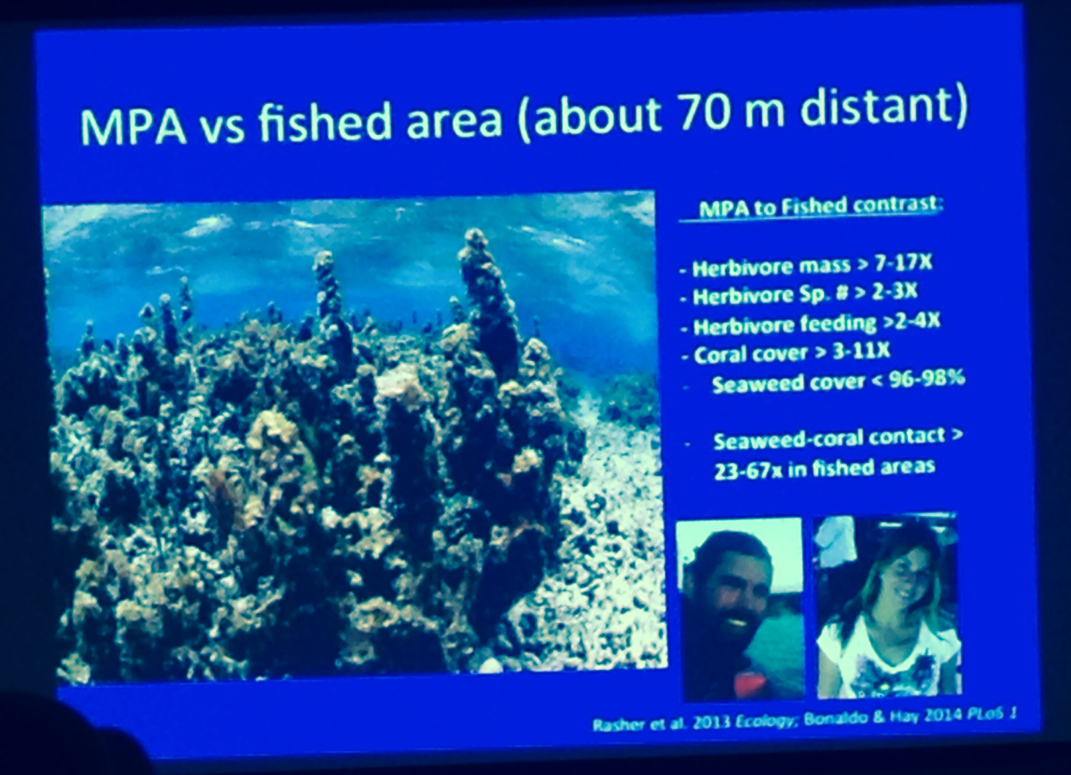
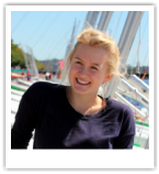
 RSS Feed
RSS Feed
